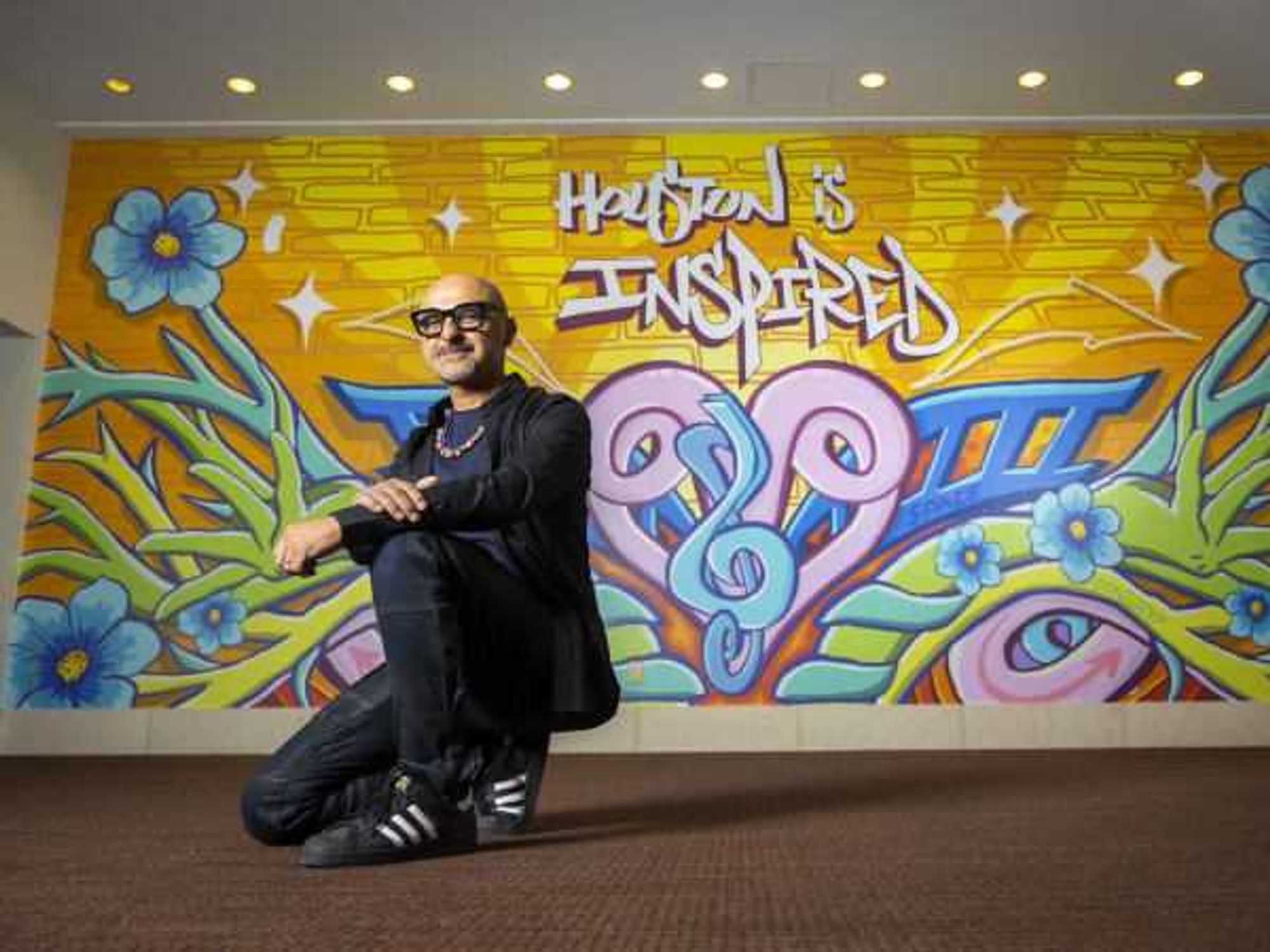How much can you stomach?
A burning opera: Don Carlos makes Houston Grand Opera fans confront theirappetite for violence
 Don Carlos and King PhilippePhoto by Felix Sanchez
Don Carlos and King PhilippePhoto by Felix Sanchez The heretic burnings in Houston Grand Opera's production of Don CarlosPhoto by Felix Sanchez
The heretic burnings in Houston Grand Opera's production of Don CarlosPhoto by Felix Sanchez Brandon Jovanovich as Don Carlos and Tamara Wilson as Elizabeth de ValoisPhoto by Felix Sanchez
Brandon Jovanovich as Don Carlos and Tamara Wilson as Elizabeth de ValoisPhoto by Felix Sanchez The chorus in Houston Grand Opera's production of Don CarlosPhoto by Felix Sanchez
The chorus in Houston Grand Opera's production of Don CarlosPhoto by Felix Sanchez
If you're like me, there's a chance that neither the cruelty of Torquemada nor the epic proportions of Giuseppe Verdi's Don Carlos come to mind when you hear "the Spanish Inquisition."
No, there's a good chance Monty Python comes to mind.
When Houston Grand Opera opens Don Carlos Friday at the Wortham Theater, it's unlikely you'll think of the absurdist British comedy troupe famous for the Ministry of Silly Walks and for that famous sketch about the Spanish Inquisition (see the video above).
Don Carlos magnifies a particular set of dilemmas for opera-goers. How much violence are you willing to take with your beauty?
I’d guess it's true: Nobody ever expects the Spanish Inquisition, not even in an opera. But the inquisition lends not humor but terror to Verdi's Don Carlos, which seems to blend almost-absurd intensities of violence with a typically frustrated love plot.
Imagine it's a day like any other day in the world of Verdi. If you're the protagonist Don Carlos, that means all of Europe teeters on the brink of war, your father marries the woman you love, the Spanish Inquisition is watching everyone, and you spend your time trying not to be executed by your father while attending a ballet and an auto-da-fé.
If you're wondering what an auto-da-fé is, start by remembering Frankenstein with all the villagers bearing lighted torches. In this case, however, the Spanish Inquisition wields the torches and the public watches. Look how sweetly the commoners sing as they wait for the burning in this Ópera de Colombia production from 2011:
Don Carlos magnifies a particular set of dilemmas for opera-goers. How much violence are you willing to take with your beauty? Are we complicit with the violence we see when we go to the opera, especially when the content of the opera is explicitly political?
Certainly, this discomfort was part of the experience of the HGO's last offering, Benjamin Britten's The Rape of Lucretia, and it seems Don Carlos promises to deliver a similar quality packaged in a more conventionally operatic framework.
It’s less the age of people being burned in the name of religion than it is people setting themselves ablaze to punctuate a political cause.
Let's return to the auto-da-fé, for instance. Do we assume that this is simply a form of barbarism typical of the brutal Spanish Inquisition? If so, opera transports us safely back to a time not our own where the political and historical happenings needn't touch us. And perhaps we can then settle in for a long few hours to enjoy the erotic frustrations of Don Carlos and his beloved and, well, mother-in-law, Elisabeth de Valois.
But the prospect of political immolations is, alas, not very far from us at all. It’s less the age of people being burned in the name of religion than it is people setting themselves ablaze to punctuate a political cause. The boom in self -immolations in the last few years is just staggering.
The increase in immolations seems to be largely a result of protests of China’s rule over Tibet. Some sources note at least 34 self-immolations from 2010-2012. Of course these current incidents harken back to the self-immolation of Quang Duc.
Even more staggering to me is a Wikipedia page dedicated to a “list of political self-immolations.” Information is information but there’s something about the way an encyclopedia page dispassionately presents its news that shocks.
Opera’s way of presenting the news is explosive, emotive, passionate, and melancholic when in its tragic mode. What might opera make of this contemporary political situation? What might HGO’s Song of Houston: East + West chamber opera initiative make of contemporary politics if it took a page from the politically engaged Verdi?
Humor is one way of disarming the horrors of the past, which is perhaps one part of why Monty Python’s approach has such appeal. But beauty is another way of looking past suffering. So another way of posing a central question for Don Carlos might be this: How much is it worth, our desire to sink into the abandon of a plaintive voice?
On that subject, let’s allow Maria Callas the last word:
